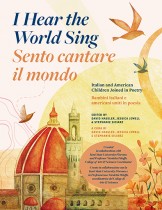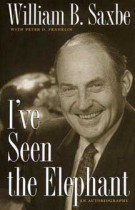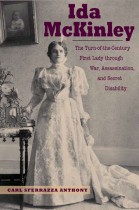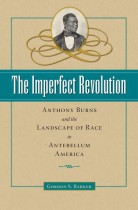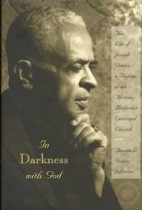I Have Struck Mrs. Cochran with a Stake
Leslie Lambert Rounds | Filed under: True Crime, True Crime History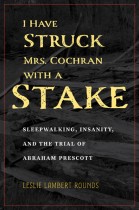
After creeping out of bed on a frigid January night in 1832, teenage farmhand Abraham Prescott took up an ax and thrashed his sleeping employers to the brink of death. He later explained that he’d attacked Sally and Chauncey Cochran in his sleep. The Cochrans eventually recovered but—to the astonishment of their neighbors—kept Prescott on, somehow accepting his strange story.

